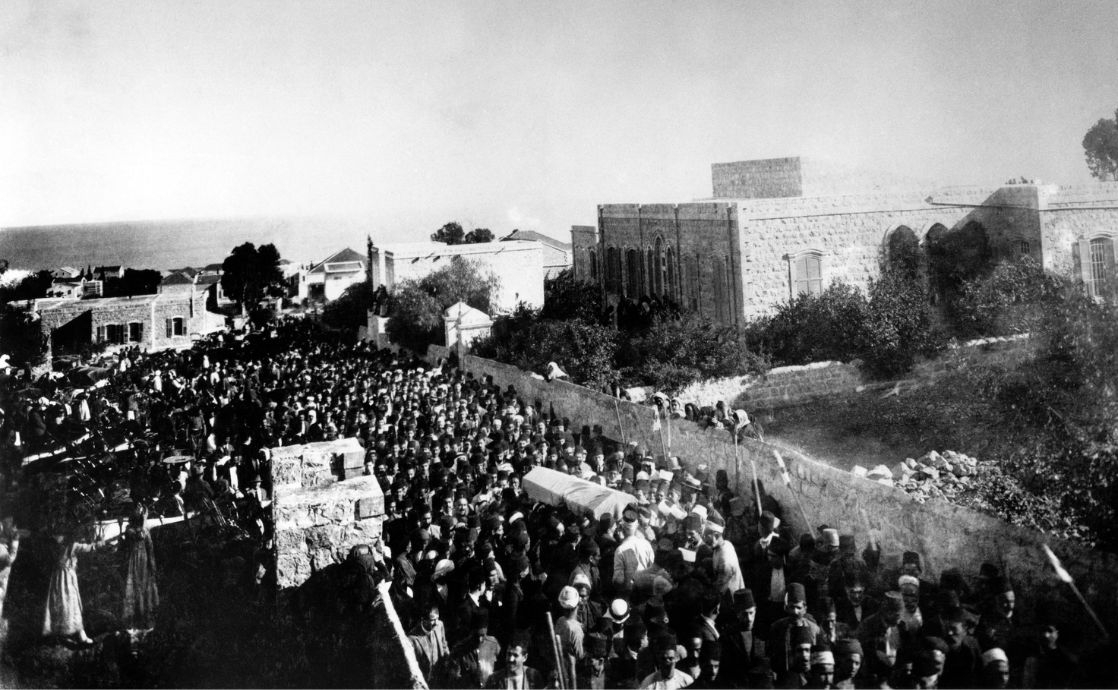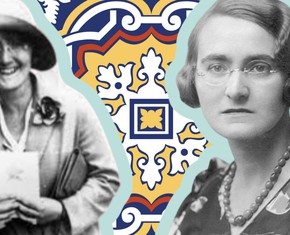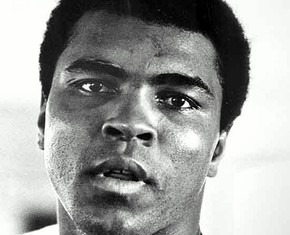The views expressed in our content reflect individual perspectives and do not represent the authoritative views of the Baha'i Faith.
When the world loses a beloved human being we all mourn. We feel a great emptiness, especially acute if that person has dedicated their life to the service of humanity. Our hearts ache at the enormous loss.
Bereft, saddened, and despondent, we ask ourselves, “Has the love this wonderful person brought into the world departed forever?”
RELATED: What to Do When Death Approaches
For Baha’is, the answer is a resounding no. In a speech he gave in Paris in 1911, Abdu’l-Baha said:
The great unselfish love for humanity is … the one perfect love, possible to all mankind, and can only be achieved by the power of the Divine Spirit. No worldly power can accomplish the universal love.
Let all be united in this Divine power of love! Let all strive to grow in the light of the Sun of Truth, and reflecting this luminous love on all men, may their hearts become so united that they may dwell evermore in the radiance of the limitless love.
Tonight at 1 a.m., Baha’is all over the world will observe the anniversary of the passing of Abdu’l-Baha, who died 102 years ago, leaving a legacy of tremendous lifelong service and devotion to the Baha’i ideals of peace, love, and unity.
In an informal talk to a group of college students gathered on Mt. Carmel in Haifa, Palestine (now Israel) Abdu’l-Baha defined what that kind of loving human legacy might look like:
Man must so live that he may become beloved in the sight of God, beloved in the estimation of the righteous ones and beloved and praised by the people. When he reaches this station the feast of eternal happiness is spread before him. His heart is serene and composed because he finds himself accepted at the threshold of His Highness, the One. His soul is in the utmost felicity and bliss even if he be surrounded by mountains of tests and difficulties. He will be like unto a sea on the surface of which one may see huge white waves, but in its deeps it is calm, unruffled and undisturbed. If he trusts his happiness to worldly objects and fluctuating conditions he is doomed to disappointment. Should he gain a fortune and anchor his happiness to that he may hypnotize himself into a state of so-called joy for a few days, and then that very fortune will become a mill-stone around his neck, the cause of his worry and melancholy.
But if he lives in accordance with the good-pleasure of the Lord he will be favoured at the court of the Almighty. He will be drawn nigh unto the throne of Majesty. He will be respected by all mankind and loved and honoured by the believers. This fortune bestows eternal happiness. The tree of this fortune is ever green. The autumnal wind does not sear its leaves nor does the frost of winter rob it of its perennial freshness. This is a happiness which is not followed by any misery but is always a source of gratefulness and blessedness. The most great, peerless gift of God to the world of humanity is happiness born of love …
On November 28, 1921, the leader of the Baha’i community, born Abbas Effendi and fondly called The Master; the son of Baha’u’llah, the prophet and founder of the Baha’i Faith, and the center of his Covenant; dearly loved and revered around the world for his service to humanity and his advocacy for peace and unity; knighted by the British Empire for his work feeding the poor and averting famine in Palestine during World War I; passed into the next world. Seventy-seven years old, he had been a prisoner and an exile for most of his life.
Abdu’l-Baha’s passing unleashed a torrent of profound distress and grief, not just for the Baha’is but for everyone in the entire region, for believers in every religion and those with no religion. His funeral brought together even the famously fractious Holy Land, drawing mourners and admirers from every Faith, race, background, and class. Because of Abdu’l-Baha’s great wisdom, spiritual insight, and tireless service to humanity, a great sense of loss and grief gripped everyone, and its intensity united them. Abdu’l-Baha’s unprecedented impact, and the outpouring of emotion that accompanied it, resulted in a funeral the likes of which no one had ever seen.
RELATED: Walking in Abdu’l-Baha’s (Actual) Footsteps
His funeral took place on Tuesday, November 29th, 1921, just one day after his passing, on the slope of Mount Carmel. Thousands upon thousands of people walked up the mountain. The British High Commissioner of Palestine wrote: “A great throng had gathered together, sorrowing for His death, but rejoicing also for His life.” The Governor of Jerusalem said “I have never known a more united expression of regret and respect than was called forth by the utter simplicity of the ceremony.”
Media observers estimated more than ten thousand people attended: Arabs, Turks, Persians, Kurds, Armenians, Europeans, Americans, Jews, Catholics, Orthodox Christians, Anglicans, Muslims, Druzes and Baha’is, government officials and clergy and the wealthiest to the poorest, all there to show their deep respect for the man one newspaper called “The Personification of Humanitarianism.” Mourning, moaning, and lamenting, the huge crowd collectively felt such a deep sense of loss that many attendees struggled mightily with their emotions.
These mourners had lost someone so unique and so humble, so brilliant and selfless and dedicated to the service of others, that they feared they had lost something irreplaceable, something enormously precious, not just a man but a truly heroic and transcendent soul. Many in that gigantic crowd literally owed their lives to Abdu’l-Baha, either from the generous donations he had given the poor for decades or from the grain he had stored to feed the starving people of Palestine during what they called “The Great Woe,” the long world war that cut their country off from food supplies.
If the old saying that you can judge a man by his funeral is true, then Abdu’l-Baha’s interment produced one of the most spontaneous, profound and public outpourings of affection, warmth and tenderness the Holy Land had ever seen — and proved Abdu’l-Baha’s teaching that love lasts eternally.
















Comments
Sign in or create an account
Continue with Googleor